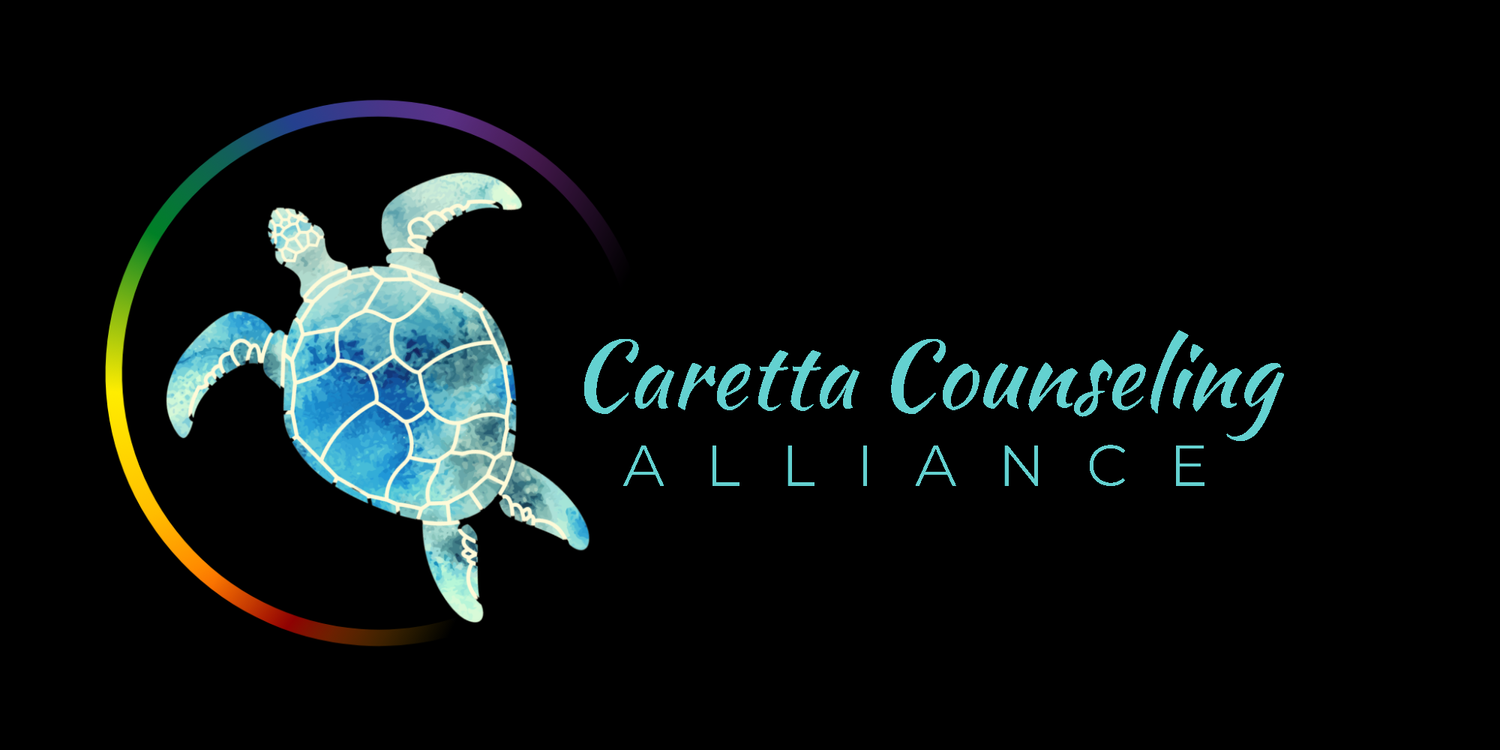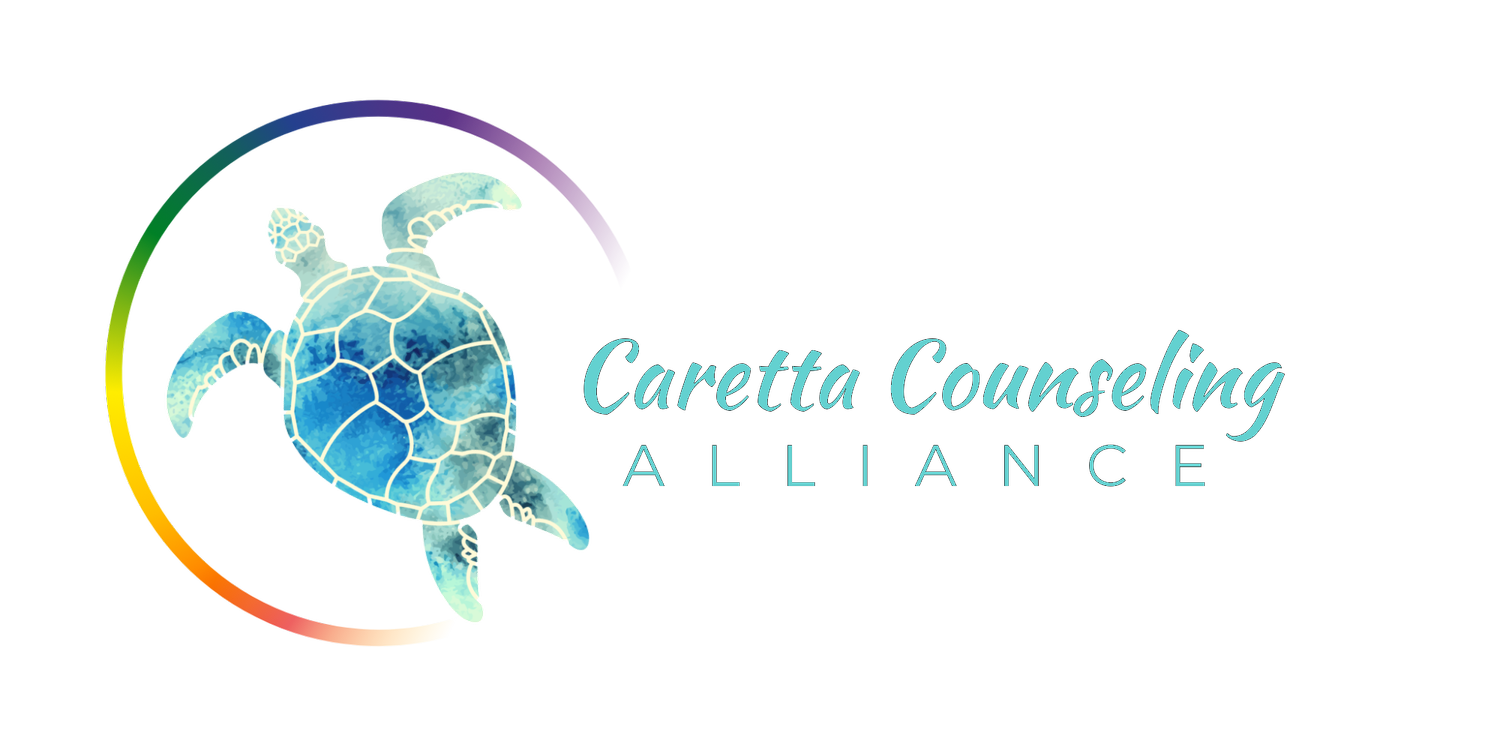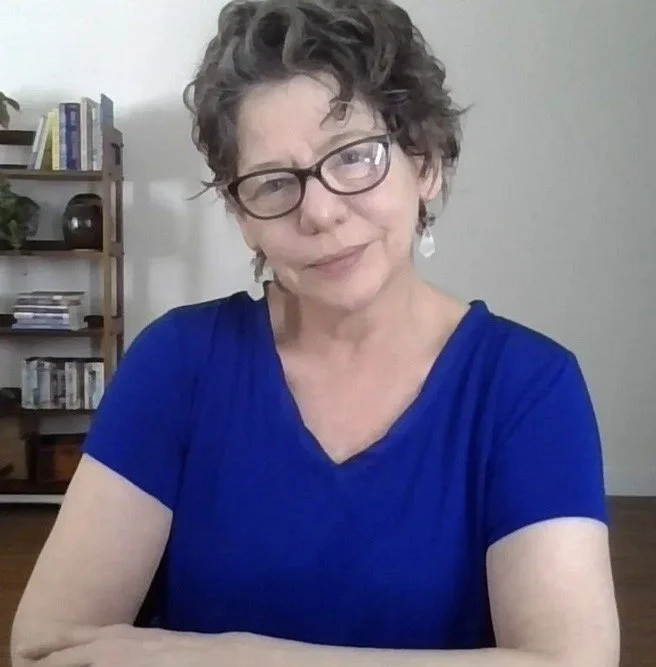
I have seen firsthand the enormous impact that therapy can have on people’s well-being. I’ve witnessed the way it can free people from lives and relationships dominated by emotional pain and turmoil. This kind of transformation is something everyone deserves, including you.
— Morgan Watson, MA, LMHC
Morgan Watson, MA, LMHC
Founder & Therapist, She/HerAbout Morgan
Morgan Watson is a Licensed Mental Health Counselor with an eclectic approach. She has been in private practice since 2008 and founded Caretta Counseling Alliance in 2023. In therapy, she integrates psychoanalytic, existential, cognitive-behavioral, feminist, queer-friendly, and interpersonal approaches to help clients develop insight into their identity, thoughts, feelings, and relationships. Strength-based, client-centered, and interpersonal therapy are the pillars that Morgan stands by.
Areas of Focus
Anxiety
Depression
Self-Esteem
Relationship Building
Life Transitions
Codependence
Trauma
Substance Abuse
Grief and Loss
Gender & Sexuality
In Morgan’s Words
My goal as your counselor is to create a supportive environment where you can explore your emotional needs and overcome barriers that limit your full potential. I enjoy working with racial, ethnic, and sexual minorities in all areas of the LGBTQIA2S+, kink, and poly communities, from a social justice lens.
I chose Antioch University for my education because of their strong programs rooted in social, environmental, and economic justice. For every class and with every assignment, we were challenged to choose topics outside of our own demographic of age, race, class, gender, sexuality, and culture, with a view toward broadening our understanding of how to collaborate more effectively with a diverse population.
Decades later, I am still grateful for this educational foundation as well as deeply passionate about my clients and my role as a therapist. To be trusted to hold space for someone while they are experiencing their most difficult struggles and emotions is not a responsibility that I take lightly. My favorite moments in therapy are when I see that “aha!” spark in a client’s eyes. It could be about anything, like realizing you have the right to safe boundaries, for example, and can expect to have them respected. Then to see my clients remain strong in their convictions to ask for what they need and to stop tolerating what no longer serves them — golden.
We humans are stronger than we realize. We can learn. We can grow emotionally. We can create new neural pathways to healthier thoughts. We can do so much on our own, but profound self-discovery and positive changes occur more easily and more enduringly within the context of a caring and committed therapeutic relationship.
The most vital element for positive outcomes in counseling is the therapeutic relationship, and that’s where I truly shine. I listen very, very well, which enables us to connect deeply. I will feel with you, and I will feel for you when you can’t yet feel it yourself. And I will hold space for you to be as messy as you need to be.
A little more about me:
I have a cat who might interrupt at times, but she mostly sleeps.
I have been known to throw a swear word or two — fair warning.
And I absolutely welcome the emphatic use of expletives from clients, especially when venting about an emotion. As you might have guessed, I’m pretty down to earth, even a bit gritty. I’m authentic and calm; grounded in reality while still able to laugh and lighten the load with my sense of humor. People who know me well describe me as supportive, safe, and encouraging, and these are my values. I want to see you succeed in your goals, and I believe that you have the courage and the strength to succeed in developing a healthier self and more loving, fulfilling relationships.
Training & Education
MA in Mental Health Counseling, Antioch University Seattle, 2008
BA in Psychology, Antioch University Seattle, 2000
1-year internship at Seattle Counseling Service (SCS) for Sexual Minorities, working with a diverse range of people within the LGBTQIA2S+ community. Sadly, SCS closed its doors in 2022 after 53 years of wonderful service.
Volunteer Experience
Home Alive, helping homeless women access self-defense classes and empower themselves
King County Crisis Clinic, serving as a crisis counselor for one of the first crisis lines in the nation
Substance Use Recovery Groups, facilitating non-traditional groups for recovery from chemical and behavioral addictions that are empowerment-based and provide an alternative for those who did not feel comfortable with 12-Step Programs


